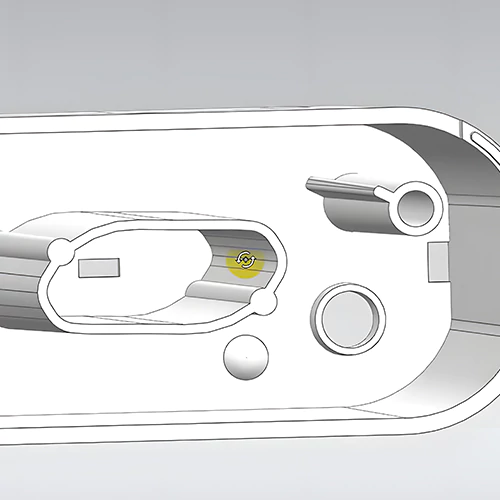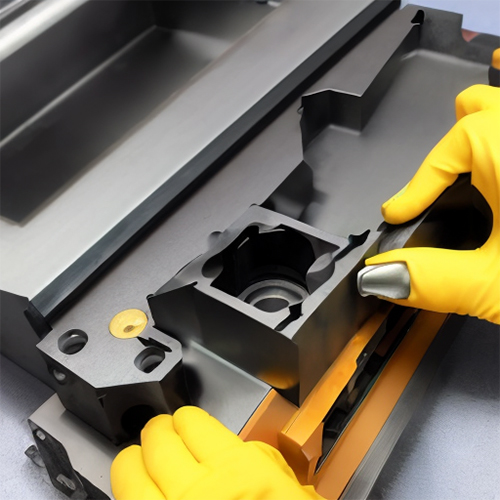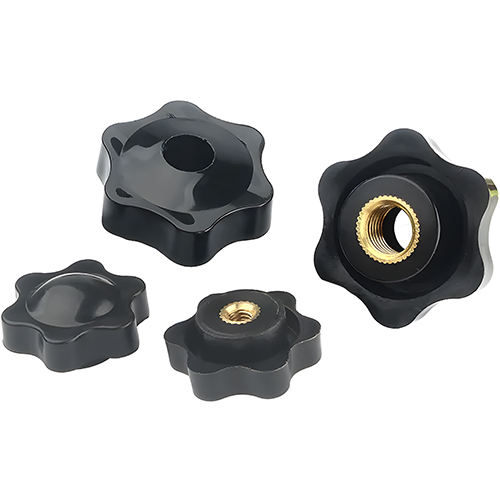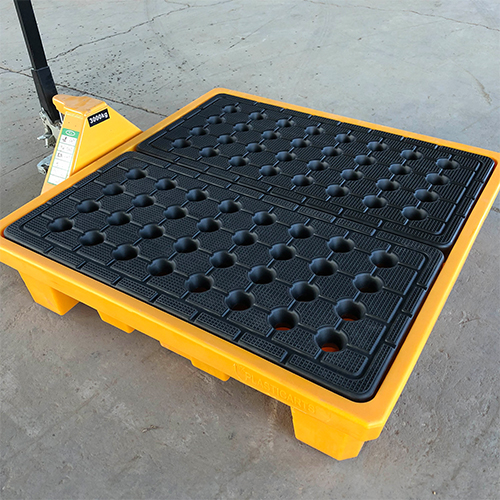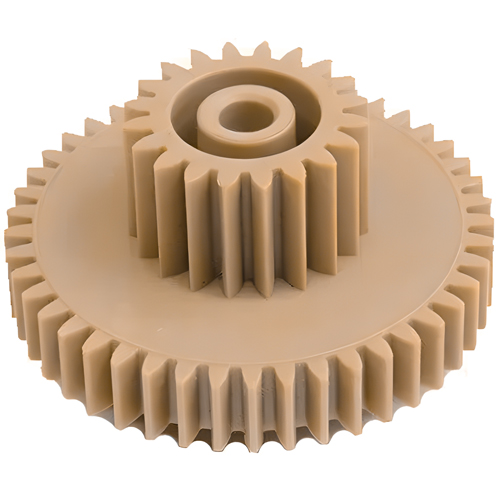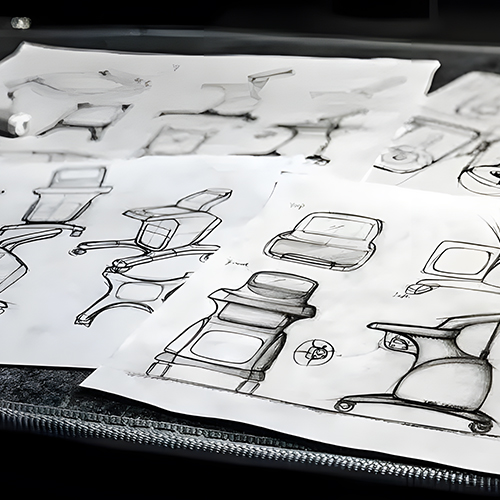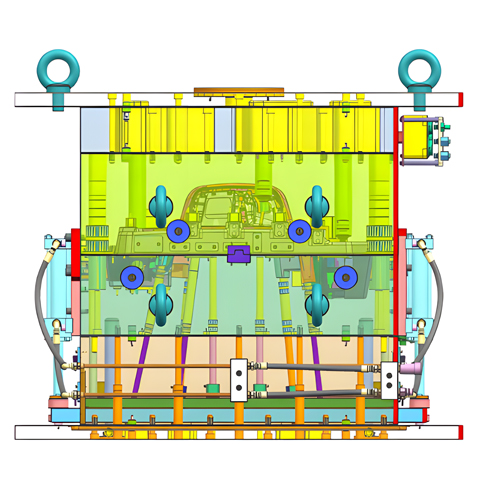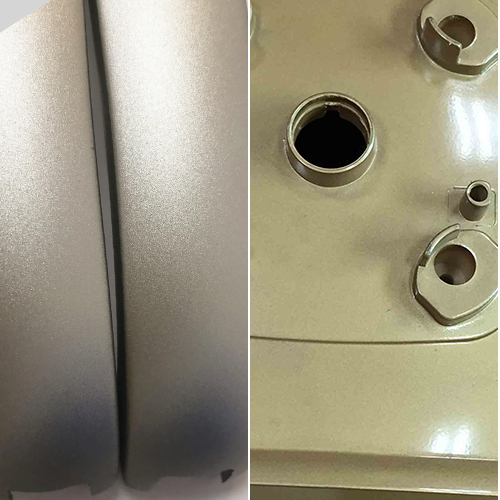CNC machining is a type of production in which pre-programmed computer code and software automate the movement of factory machinery and equipment. CNC operators and machinists are required to implement, operate, and maintain CNC machining operations. To pursue professional opportunities and progress as a CNC machinist, you must first comprehend the distinction between the two roles. Furthermore, you must grasp the most important abilities required to function efficiently as a CNC machinist and how you can grow by acquiring these talents.
All of this will be covered in depth in this tutorial. Keep reading to learn the difference between a CNC machinist and a CNC operator and how you can prepare yourself to score the role of a machinist for this technology.
Responsibilities of a CNC Machinist:
Before we go into the most crucial abilities, you’ll need to handle your tasks in a CNC machining profession; you should be aware of those responsibilities. It is difficult to tailor your understanding and skills to the jobs you will be assigned if you do not comprehend them.
Having said that, if you’re not sure what to be prepared for when you start working as a CNC machinist, here are some of the primary jobs such experts handle:
- Program the code of the CNC machine tool according to the data or set up automation software to generate code
- Interpret technical drawings and data
- Set machine parameters, such as cutting speed and allowable tolerances
- Check the quality of finished products according to industry standards
- Calibrate and maintain the pieces of equipment
- Operate the CNC computer and machine tool
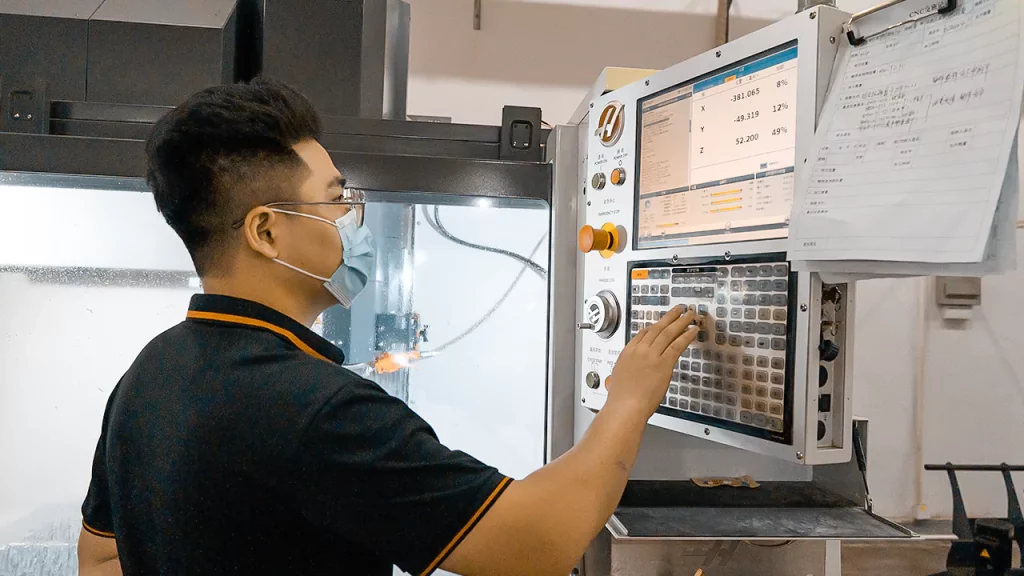
5 Skills That Can Help You Handle Your Tasks Effectively:
1. Technical Skills:
Technical Skills: This list of abilities is an attempt to evaluate how well-versed you are in a variety of common software products, in addition to providing you with some fundamental knowledge concerning reading drawings and CAD models.
This is of the utmost significance. Because there will be constant updates to the software and equipment, the operators’ knowledge will also need to be regularly updated. They need to be able to grasp and check dimensions, list materials, define design parameters in the program, and check tolerances, among other things, which requires them to have mathematical skills.
In the CAD department, you must know AutoCAD or Solidworks, and you should know both. Because of how infrequently they are utilized, it is difficult to get by without having this ability. Mastercam is highly recommended if you are forced to select a CAM software package. To become a successful machine programmer, you should have a strong mathematics background. This is highly crucial.
2. Paying Attention to Details:
In addition, designers and engineers will typically supply operators with written instructions, and operators must adhere closely to these instructions. The operator needs to recognize and rank the most significant aspects of the design to ensure that the processing is done carefully.
It’s possible that a good operator is skilled in the nitty-gritty details and can ensure that everything is set up correctly and precisely.
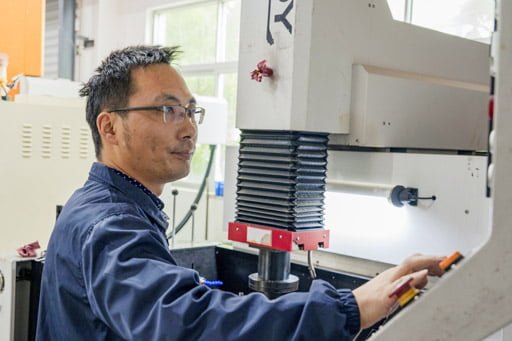
3. Ability to Find Solutions:
The operators of CNC machines will come up against this difficulty and other issues that need to be rectified, such as inconsistent design drawings, a final product that is out of tolerance, material issues, etc. When these issues arise, the operator is responsible for maintaining a positive mentality and making every effort to find a solution.
4. Practical Skills:
As part of your job, you must run numerous machines simultaneously and adjust the tool wear compensation settings as necessary.
If you want to be better than the average CNC operator, you need to safely operate the bridge crane, handle the g-code for drip irrigation to the machine, handle the handleability of parts, and know how to handle the workshop. If you want to be better than the average CNC operator, you need to be better than the average CNC operator. Vending machine for tools, and preferably some expertise working with vacuum fixtures.
5. A Driven Desire to Grow In the Role and Gain Expertise:
The goal of becoming an expert in CNC machining requires the combination of all of the talents above. Machining with a computer numerical control system (CNC) is a high-tech process that combines technical expertise and machining know-how. Because of the quick advancement of technology, outstanding operators need to be willing to keep learning new things and keep their knowledge up to date.
Software solutions to integrate CNC processes that need to be mastered are continually being developed by companies such as Autodesk, which is constantly creating new software solutions. The operators of new machinery and more sophisticated machine tools are required to maintain a strong relationship with technological advancements.
CNC Machinist vs. CNC Operator: The Difference
CNC Machinist:
They calibrate all machines to ensure that they are operating at the best possible efficiency. CNC machinists form and carve various materials, including metals, polymers, and wood, to produce specialized machinery and tools. In addition, they collaborate closely with other pieces of additional industrial apparatus, including grinders, borers, hydraulic presses, and cranes.
CNC Operator:
The duties of a CNC operator include loading stock material and running machining processes. CNC operators are professionals with an entry-level education. To guarantee that the finished products satisfy the criteria, they check that the CNC machining complies with the specifications.
CNC operators typically contribute to the initialization and ongoing management of CNC equipment and machines. Reading machine blueprints and specifications, inspecting and measuring finished products, loading raw materials, and inspecting and measuring finished products, are some of the daily tasks associated with this profession.

What Makes the Difference?
So when exactly does a person who operates a CNC machine become a machinist? In principle, a person might operate a CNC lathe or mill for years without the knowledge, foundation, or mechanical ability to call themselves a machinist. This is because machinists are required to have a certain level of mechanical aptitude.
To become a CNC machinist, knowing how to operate a CNC machine tool or write an appropriate G-code program is not enough. The job demands much more than that. Instead, one can pursue a job as a machinist if one so chooses. There is a possibility that this is the next step for a CNC operator; nevertheless, while all machinists are probably qualified to work as CNC operators, not all CNC operators will go on to become machinists.
What’s More That Employers Seek When Hiring a CNC Machinist?
According to a survey that the CBIA carried out in 2017, over three-quarters of manufacturers believe that their most recent hires lack great punctuality, work ethic, and technical skills. A few examples of technical skills include reading blueprints and running CNC machines.
More specifically, almost nine out of ten polled responded that when it comes to their forthcoming hiring cycles, they want to give preference to applicants who have experience with CNC machining as well as knowledge of geometric dimensioning and tolerance. Aside from having experience in CNC machining, these are the primary technical competencies employers search for when hiring machinists.
- Comprehension and ability in the art of technical writing
- The application of modeling and simulation in the analysis
- Coding skills, as well as skills in critical analysis and problem-solving CNC
- Additive methods of creation
Today, less than a third of companies offer training in those mentioned above manufacturing-preferred technical skills. Instruction in technical writing and reading is offered in only eighteen percent of the nation’s schools.
Conclusion:
With the advent of increasingly sophisticated automation and artificial intelligence systems, it would be reasonable to suppose that the skilled operation of CNC machine tools will become increasingly unnecessary. This is not always the case. More technically adept operators will be needed as software and hardware advance, particularly for troubleshooting and routine maintenance.
Due to the increased efficiency and streamlined workflow between design and final manufacture, operators will be required to have expertise in all facets of the production process, not only computer and machine operation. So being well aware of the responsibilities you may have to handle in this role and polishing essential skills and knowledge per these responsibilities is a better approach to ace your job as a CNC machinist.

